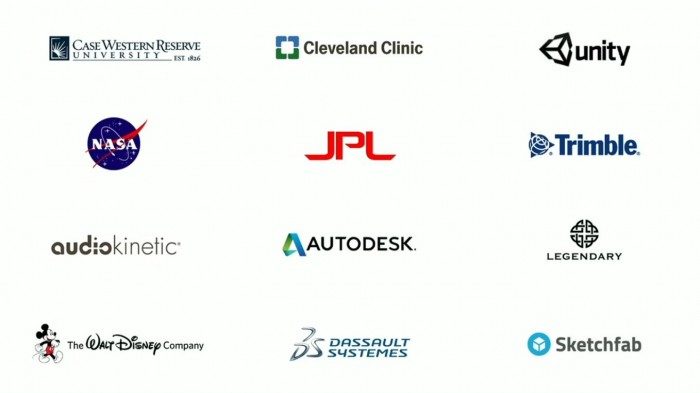Unity has officially joined Microsoft in its quest to render the world around us with fantastical interactive 3D imagery, an endeavor made possible by HoloLens, Microsoft’s as yet unreleased augmented reality visor. The game engine will fully support HoloLens and just like the all good things in life, it’s free.
Unity 5 ‘Personal Edition’, the full-featured game engine, is not only free of charge and royalties but will also join Unity 5 ‘Professional Edition’ in offering support for Microsoft HoloLens—lowering the barrier of entry for potential devs who always wanted to make something for augmented reality.
“The Unity toolchain and pipeline are being augmented to leverage the unique characteristics of the HoloLens such as spatial mapping, spatial audio, gaze, gesture, voice recognition, and the ability to anchor holographic objects to specific locations in the real world. This ensures full integration for a seamless and efficient development experience that takes full advantage of the unique features and capabilities of Microsoft HoloLens. And of course, Unity for HoloLens tools will be included with Unity Pro and Unity Personal Edition with no additional cost,” said Unity Lead Developer Scott Flynn.
See Also: Microsoft Shows New HoloLens Demos at Build 2015, “Hundreds of HoloLens” for Conference Goers to Try
The news was announced during the first day of Microsoft’s Build 2015 conference, the company’s biggest event of the year. A number of partners including Autodesk, Audiokinetic, and Sketchfab have signed on to work with Microsoft as well.
Unity’s Scott Flynn also reveals that Microsoft is already using early Alpha builds of ‘Unity for HoloLens’ in the new “Holographic Academy” training sessions being held at Build 2015.








